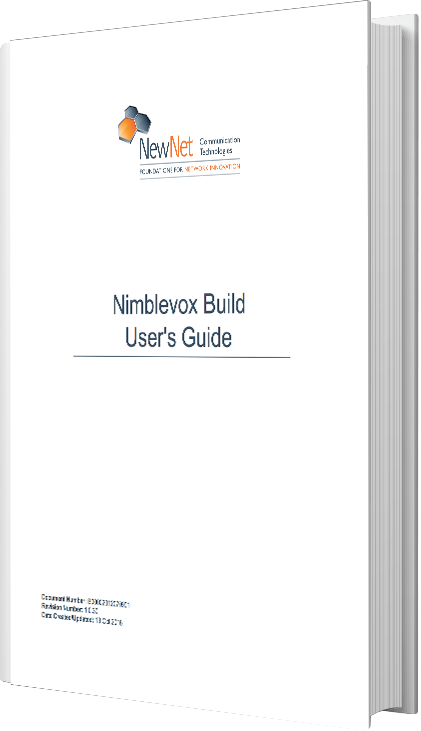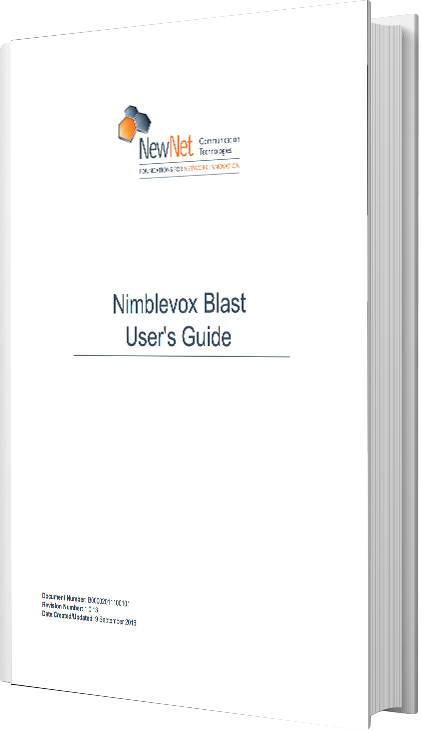Automated dialing, of which outbound dialing is just one type, is a common feature of the corporate marketing world. Telephony systems that contact thousands of potential customers each day are able to use interactive voice response systems to gather information from callers who willingly respond to a pre-recorded question after picking up the phone. Properly managed auto-dialing systems have the potential to identify potential customers and connect them with live agents when necessary, thus increasing a company’s client base with ease and at a very low cost.
Interactive voice response systems, also known as IVRs, are telephone-based menus that allow callers to choose from various options in order to be routed to the precise department that can best handle their inquiry. These arrangements are mostly used for both inbound calls as well as outbound dialing campaigns, as mentioned above.
There are both sophisticated, complex IVRs as well as simple, “Press 1 for Billing,” types of menus that offer just a few options for incoming callers.
Companies that use IVR systems quickly discover that there are literally dozens of advantages inherent in these automated response menus. The following are the most cited by professionals who work with IVR technology on a daily basis:
Five Key Advantages of IVRs
Companies implement IVR telephony systems for many of reasons, whether it’s to manage large call volume, to make a small entity appear large, to personalize the customer experience, to save money, or to offer around-the-clock customer service.
Handle large call volume with ease.
IVRs are capable of handling as many incoming calls as necessary, whether that means thousands for a mega-corporation or just a few for a startup or tiny organization. Automated responses require no live operators or complicated switchboards, just a simple computerized call response software that can handle massive incoming volume if need be.
Project the type of company image you choose.
As is often the case with startups, there is a need to project an image of being something other than a one-person shop, or the newest player in the field. IVRs are ideal choices for new companies with one or a few employees, or for home-based organizations that wish to project a professional, “brick and mortar” image to inquiring callers and potential customers.
Because of their low setup and maintenance costs, IVRs are used for this purpose by hundreds of different types of entities, from one- or two-person law or accounting firms, to new medical practices where a doctor and one assistant are the only staff on hand at any given time.
Offer personalized options to every caller.
IVRs can be set up to identify incoming calls by telephone number and thus greet particular clients by name, or with a dedicated message based on their typical inquiries. Even callers who wish or need to speak with a live agent can be immediately routed to someone who can help them.
As opposed to old-fashioned “live operator/receptionist” systems, IVRs can keep tabs on potentially infinite numbers of personalized responses to incoming callers. First-time inquirers can be sent to a special agent whose expertise is in dealing with new clients, for example. Likewise, repeat or established customers can be identified by their phone numbers and routed to their “favorite” customer service employee or department. The uses of IVRs for personalized response are endless, and most importantly helpful for every person who contacts the company by phone.
Save money.
Of course, one of the best-known advantages of IVRs is in the area of cost. The systems are much less costly than live operators and receptionists, can handle an unlimited number of calls for no increase in cost and are able to increase company efficiency to the point where every worker is dealing with customers that have been routed to them based on their needs.
Offer 24/7 customer service.
Customers appreciate the fact that they can call any time of the day or night and obtain basic information about hours, company policy, account balances, and a host of other necessary information. IVRs know no time clock, never get “tired,” and are always perfectly polite, even at midnight on a holiday!
Modern Marketing Techniques
Automated dialing, outbound dialing and IVR systems in general, are among the most potent of today’s phone-based marketing methods. They’re inexpensive, easy to set up, help bring in new customers, solidify current client populations, and do dozens of related business chores that impact the bottom line.
IVRs have become a staple of the modern commercial landscape, and the public has become quite comfortable with hearing and responding to automated/recorded versions of the human voice. The systems are in use by millions of small and large companies worldwide and are one of the simplest ways to boost ROI.


